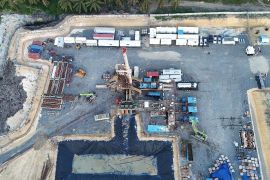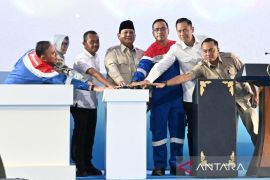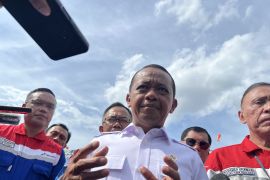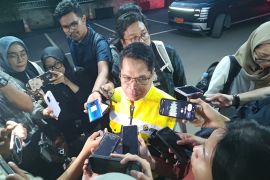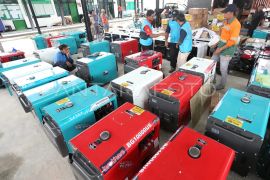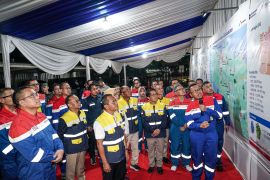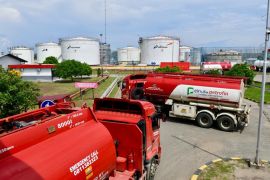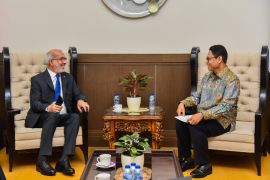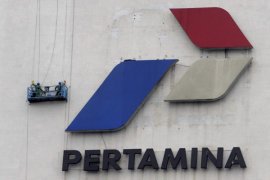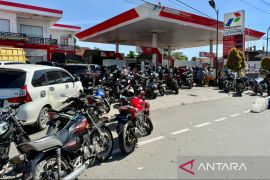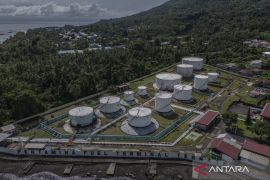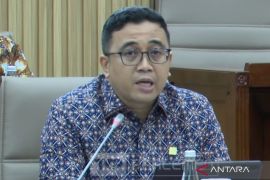"Of the total investment, 85 percent would go to upstream development," the company`s Corporate Communication Vice President, Mochamad Harun, said when met at the Media Workshop on Sustainable Development Impacts of Energy Prices: The Role of Fossil Fuel Subsidy Reform in Indonesia 2011 here on Tuesday.
He said the upstream sector would be the focus of the strategy considering the importance of assuring energy source for business continuity and national interests.
"The investment project will be realized in line with the company`s role of helping implement the government`s policy through helping smoothen distribution of subsidized fuel oils in Indonesia," he said.
One of them, he said, is assuring the readiness of infrastructure and oil fuel supply as his company is the operator of subsidized fuel oil distribution.
"However, distribution of fuel oils across Nusantara (Indonesia) has been hindered by the vastness of the archipelago, hard terrain, uncertain weather conditions and high lands," he said.
Now, he said, the distribution of fuel oils is supported by 14 transit terminals and installations, 51 terminals and main depots, 85 land and sea depots.
"Among the challenges hindering fuel oil distribution in Indonesia so far have been the relatively high risk of distribution operations, reliability of distribution infrastructure, stocks that are always enough for more than 20 days and vastness and complexity of areas to be covered," he said.
So, he said, the number of distribution facilities must be increased and modernized while refinery capacity also had better be increased.
"Due to that we continue to find the most economical crude supply, seek domestic and foreign investors to develop new refineries," he said.
With new refineries, he said he was optimistic the capacity of Pertamina`s refineries could rise to 1.711 million barrels in 2017. Right now the capacity of its refineries could still reach one million barrels. (*)
(T.SYS/B/H-YH/F001) 04-10-2011 14:54:29
Editor: Aditia Maruli Radja
Copyright © ANTARA 2011
